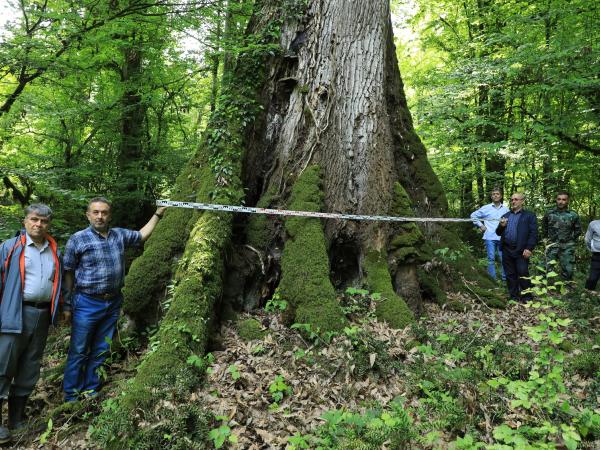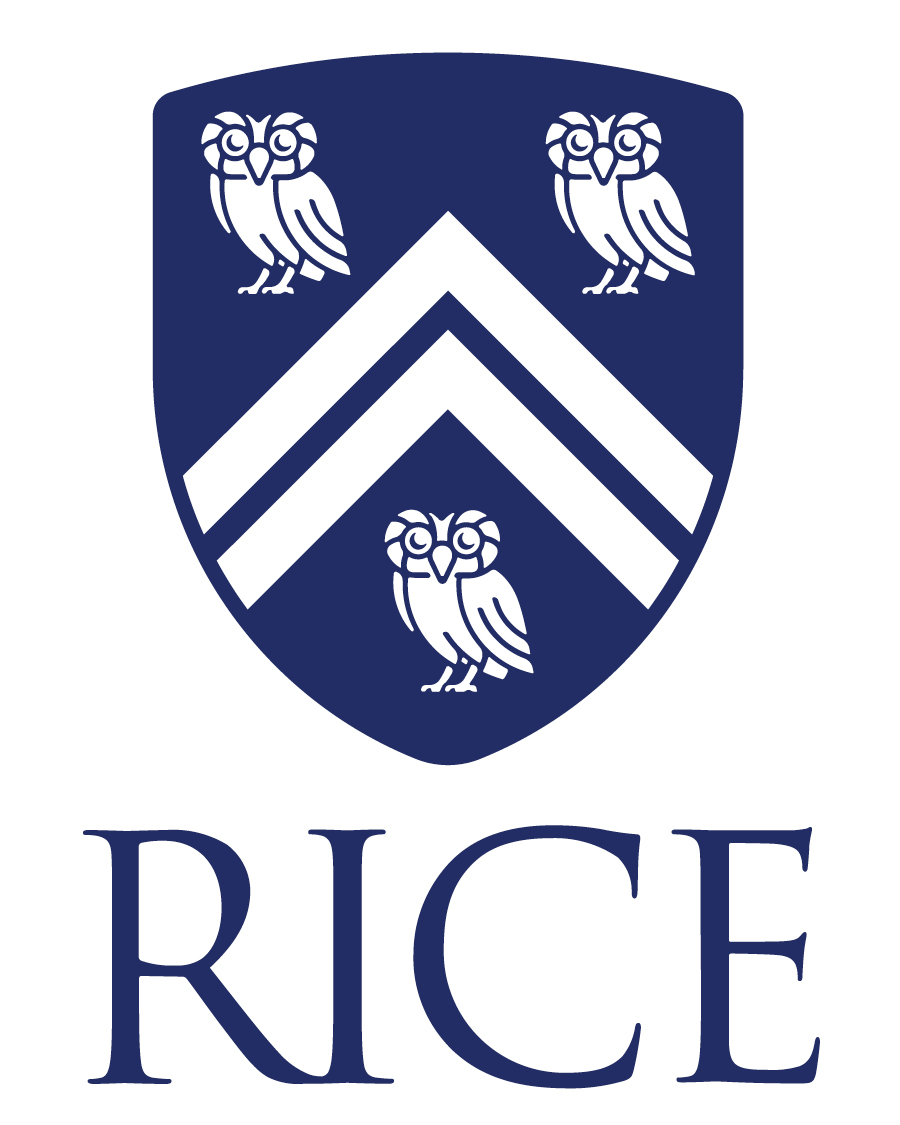Editor's Picks
Plant Focus

The International Oak Society was appointed as International Cultivar Registration Authority (ICRA) for the genus Quercus by the Commission for Nomenclature and Cultivar Registration of the International Society for Horticultural Science (I.S.H.S.) in 1998. The ICRA system aims to promote stability in the naming of cultivated plants by promoting lists of authenticated names in a number of important groups of plants which are commonly cultivated.
Co-Registrars for Oak Cultivars
Eike Jablonski
LTA
1, Kréiwénkel
L-9374 Gilsdorf
LUXEMBOURG
[for oak cultivars originating outside the Americas]
Ryan Russell
4917 County Road 343
Fulton, Missouri 65251
USA
[for oak cultivars originating in the Americas]
e-mail: registrar@internationaloaksociety.org
While the International Code of Nomenclature for algae, fungi, and plants (Melbourne Code) deals with the rules for forming the Latin names of plants, the International Code of Nomenclature for Cultivated Plants (I.C.N.C.P.) primarily deals with the naming of two categories, the cultivar and the Group - i.e., those categories of plants that are recognized and maintained by the activities of mankind.
The primary functions of an ICRA are (a) to register cultivar and Group names in the denomination class for which they have accepted responsibility and to ensure their establishment, (b) to publish full lists of cultivar and Group names in that denomination class, and (c) to maintain records, in as great a detail as is practical, of the origin, characteristics, and history of each cultivar and Group in that denomination class. All ICRAs are contracted to operate within the provisions of the current I.C.N.C.P.
It is not the function of an ICRA to (a) conduct trials, (b) judge if one cultivar or Group is more meritorious or useful than another or (c) judge distinctness of cultivars or Groups. ICRAs record cultivar and Group names, not the cultivars or Groups themselves: one does not register a new cultivar with an ICRA, one registers its name.
The "denomination class" is that taxonomic unit in which names (technically, epithets) may not be repeated. In our case, Quercus L. is taken to include other genera such as Cyclobalanopsis Oerst. and Cyclobalanus (Endl.) Oerst. although in some parts of the world these are accepted as separate genera. Thus a cultivar epithet published for a Cylobalanopsis may not be used in Quercus and vice-versa.
The Society is now open to accept cultivar name registrations. The Registration Form may be freely downloaded and saved by anyone. The accompanying notes for guidance are designed to be helpful for those not familiar with what is required in filling in the form and should be read by all potential registrants.
Download the documents here
The online checklist of oak names is available at www.oaknames.org. It lists all cultivar and Group names past and present known to the Registrar, along with trade designations known to be used in marketing oaks. In addition it lists all species names known to be in use, including names for hybrids, along with their recently used synonyms. A comprehensive listing of common names in English is also provided. Under each oak name is a listing of the major horticultural works where further information may be be found together with links to other data sets.
You will need Adobe Acrobat Reader on your computer in order to open the files above. If you do not have Acrobat Reader, click here to download a copy.
To find out more about International Cultivar Registration Authorities (ICRAs), click here.















